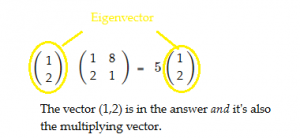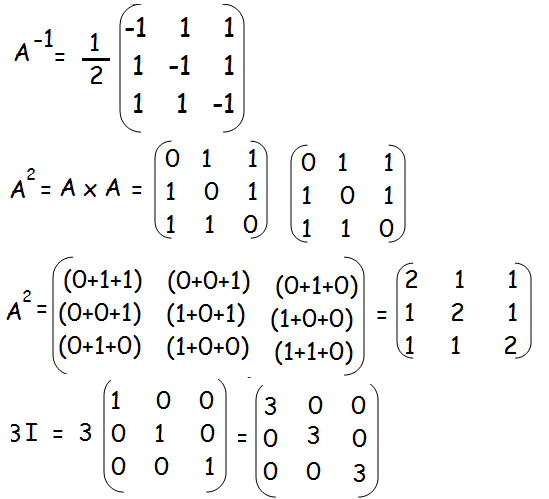


Monographs in Mathematics, Basel, Boston, Berlin: Birkhauser Verlag, 1992. Parthasarathy, An Introduction to Quantum Stochastic Calculus, ser. Classics in Mathematics, Berlin, Heidelberg, New York: Springer-Verlag, 1980. Yosida, Functional Analysis (6 ed.), ser. In quantum mechanics, the pair Q and P is known as the Schrödinger representation, on the Hilbert space, of canonical conjugate position and momentum operators q and p satisfying the canonical commutation relation (CCR). Then Q and P are self-adjoint operators satisfying the commutation relation on, where I denotes the identity operator. Where is the real valued Planck's constant. Examples of self-adjoint operatorsĪs mentioned above, a simple instance of a self-adjoint operator is a Hermitian matrix.įor a more advanced example consider the complex Hilbert space of all complex-valued square integrable functions on with the complex inner product, and the dense subspace of of all infinitely differentiable complex-valued functions with compact support on. One says that the operator -iX is the generator of the group U and writes. By Stone’s Theorem, for any self-adjoint operator X the one parameter unitary group defined by, where is the spectral measure of X, satisfies:įor all u in the domain of X. Where is the associated spectral measure of X (in particular, a spectral measure is a Hilbert space projection operator-valued measure).ģ. By the von Neumann’s spectral theorem, any self-adjoint operator X (not necessarily bounded) can be represented as As a special well-known case, all eigenvalues of a real symmetric matrix and a complex Hermitian matrix are real.Ģ.

The eigenvalues of a self-adjoint operator are real.

The self-adjointness of an operator entails that it has some special properties. Special properties of a self-adjoint operator On an infinite dimensional Hilbert space, a self-adjoint operator can be thought of as the analogy of a real symmetric matrix (i.e., a matrix which is its own transpose) or a Hermitian matrix in (i.e., a matrix which is its own Hermitian transpose) when these matrices are viewed as (bounded) linear operators on and, respectively. Note that the adjoint of any densely defined linear operator is always well-defined (in fact, the denseness of the domain of an operator is necessary for the existence of its adjoint) and two operators A and B are said to be equal if they have a common domain and their values coincide on that domain. That is, if A is an operator with a domain which is a dense subspace of a complex Hilbert space H then it is self-adjoint if, where denotes the adjoint operator of A. In mathematics, a self-adjoint operator is a densely defined linear operator mapping a complex Hilbert space onto itself and which is invariant under the unary operation of taking the adjoint.


 0 kommentar(er)
0 kommentar(er)
